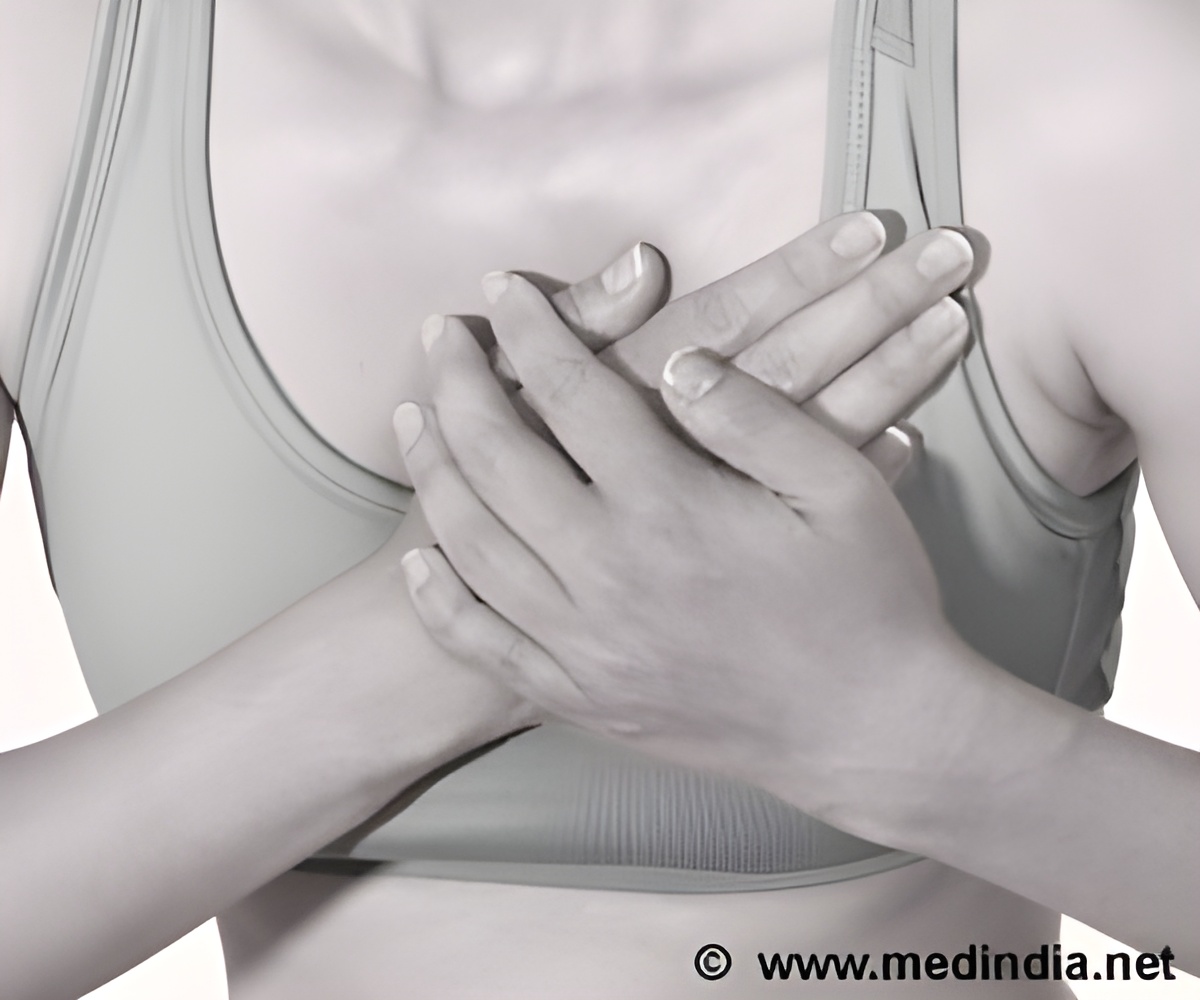Early diagnosis is the key to a better treatment, but not always. Read on to discover more about some cardio-screening tests you may actually not need.

Listed below are four heart tests that may actually not be required.
Echocardiogram: Costing around $200-$500, an echocardiogram is a moving ultrasound of the heart, demonstrating how efficient the heart is at pumping blood, and detects whether or not it has structural problems.
Good for spotting atrial fibrillation, heart failures and murmurs caused by leaky or stiff valves, an echocardiogram is not a regular screening test, especially if you have mild heart murmurs, or coronary artery disease. The test can help people with high blood pressure by detecting abnormal enlargement, stiffness and weakness of the heart muscle, however; it is not a routine test if you are healthy and have no new symptoms.
ECG or EKG: A readout of your heart’s electrical activity recorded by electrodes on the chest may help identify irregular heartbeats, heart attacks and other problems. However, no trials have shown that ECG’s help detect the risk of heart disease without symptoms. If you are a heart patient, you don’t require a routine ECG as long as you don’t have new symptoms.
Stress test: If you’re healthy and show no signs of heart disease, you can say no to this routine test. Your doctor will carry out this test by putting your heart under stress by asking you to walk on a treadmill or a stationary bike while doing an ECG. This test may not detect early disease and the results read abnormal only if an artery is blocked 50 to 70 percent.
The calcium test score may help determine the treatment for people with risk factors such as high cholesterol. On the other hand, there have been randomized trials showing no connections between calcium tests and fewer death rates. Furthermore, the dye scan is thought to increase the cancer risk slightly and also contribute to kidney and thyroid problems.
Source-Medindia













